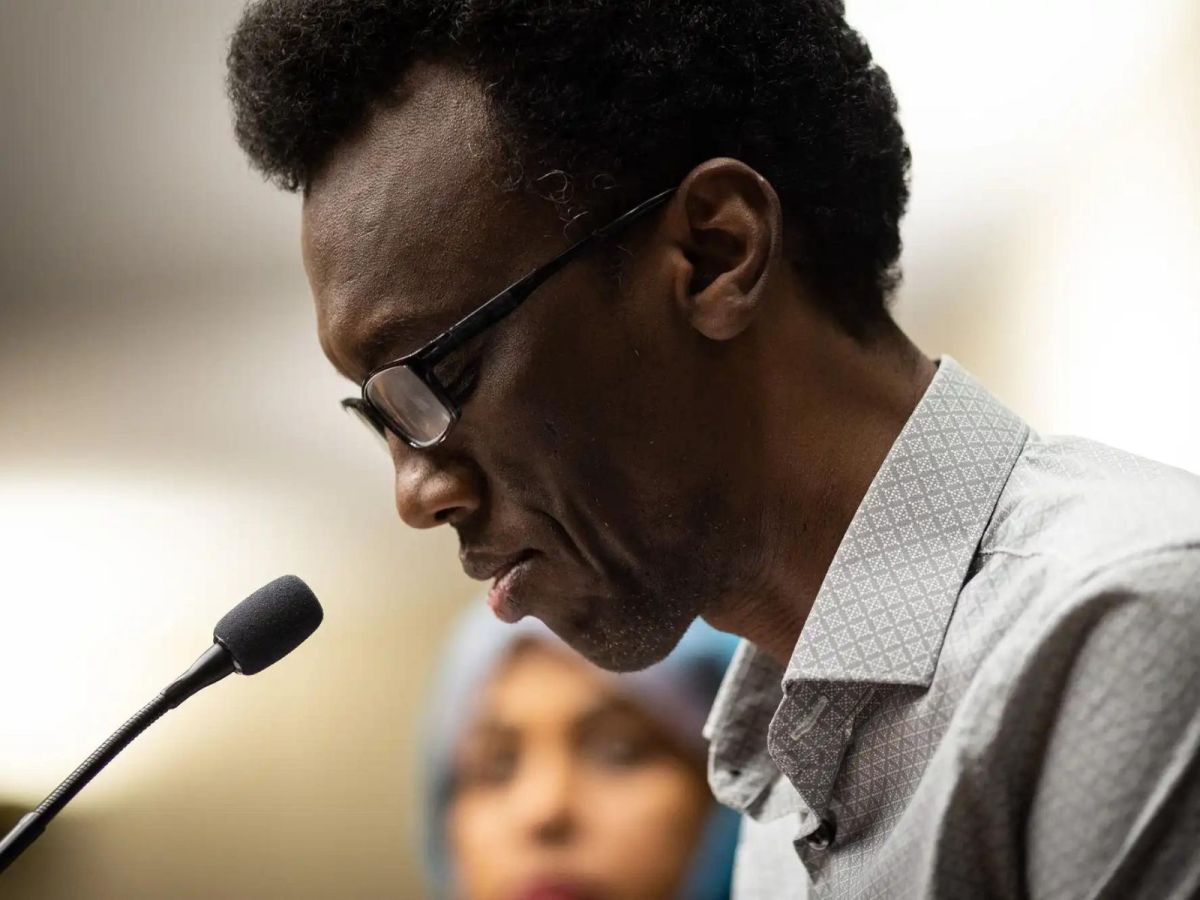Members of a statewide nursing home standards board moved a step closer Monday to setting a statewide pay floor for workers.
The Minnesota Nursing Home Workforce Standards Board agreed on an industry minimum of $19 per hour and added overtime pay for 11 federal holidays.
The board will continue to discuss details of the proposal at its meeting on May 9. It needs to approve the minimum pay rates by August 1, according to state statute.
At a news conference following the meeting, board member Jamie Gulley, who is the president of the largest statewide union representing nursing home workers, said the pay increase was essential to resolve hiring shortages across the state.
“We know there is a crisis facing the nursing home industry. Right now there simply aren’t enough people willing to do this work for the wages that are being paid and the benefits that people get,” Gulley said.
Department of Labor and Industry Commissioner Nicole Blissenbach, who also sits on the board, said Monday’s preliminary vote was a “necessary first step” in the setting of wage standards and the next step is to start drafting the standards and regulations.
Gulley said the $19 minimum is for unlicensed nursing home workers and that certified nursing assistants, licensed practical nurses and trained medication aides will have separate wage floors. The new minimums would go into effect in 2026 and increase in 2027.
Gulley led hundreds of workers represented by Service Employees International Union Healthcare Minnesota and Iowa on a 24-hour walkout in March to protest working conditions.

At Monday’s news conference, workers like Earnesta Higgins spoke in support of the proposal.
“I’ve been in this field 25 years, and I don’t have medical insurance,” Higgins said.
Higgins and other nursing home workers present said they don’t make enough money to be able to pay for the health insurance plans offered by their jobs.
Some, like Higgins, work multiple positions at their nursing homes to make more money.
Teresa Brees said low wages and staffing issues are pushing some of her colleagues out of the industry. In a recent case, Brees said one of her coworkers left the nursing home job paying her less than $15 per hour to work for the Postal Service.
Such departures lead to an increased workload for the remaining staff.
“Almost two years ago I worked 23 straight days because of short staffing. Eventually I tore my bicep tendon and was barely able to lift my arm,” Brees said.
Michelle Armstrong, a licensed practical nurse at Monarch Healthcare Center in St. Paul, serves on the board as a nursing home worker representative.
She’s been in the industry for more than 30 years and said she’s seen people leave the industry even before the pandemic.
Armstrong said she saw the standards the board approved on Monday as a way to attract young people to nursing home jobs and retain the available talent already in the facilities.
“We need to retain the good people we have and get new people who want to do this job and make it a career,” Armstrong said.
Sahan reached out to Monarch Healthcare for comment Monday but had not heard back at publication time. Monarch manages around 50 facilities across the state.
The Nursing Home Workforce Standards Board was created in 2023 to set minimum standards of training and compensation for nursing home workers and conduct investigations into reported employer violations.






